Science for Artificial Intelligence
The 21st Annual Schools Science Conference was held on 24th April 2024 at University of Westminster
Or scroll down to find out more
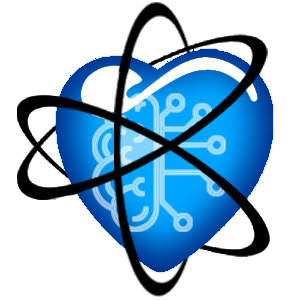
Welcome to
Science for Artificial Intelligence
The theme of the 21st Schools Science Conference is Science for Artificial Intelligence
Healthcare scientists are a diverse and specialised community within the NHS, using their knowledge and expertise to develop, design, and deliver patient care.
They carry out over 1 billion diagnostic and scientific investigations and interventions every year.
There are over 56,000 people that make up the healthcare science workforce in England.
They work in over 150 service areas across pathology and laboratory science, physiological sciences, data science, bioinformatics, medical physics and clinical engineering.
The healthcare science professionals who deliver these services are a unique and specialised workforce.
Healthcare scientists are fundamental to clinical decision making and ensuring patients receive timely, high quality, cutting-edge care.
If you’ve received a diagnosis in the past few years, there’s a very good chance that a Healthcare Scientist contributed to it in some way.
That’s because approximately 80% of all diagnoses in the UK are reached with a contribution from Healthcare Scientists and many therapeutic and rehabilitation interventions also rely on our work.
Healthcare Scientist have embraced AI to support diagnosis and disease monitoring.
Examples include >>
- In data analysis, Natural Language Processing (NLP) algorithms are empowering healthcare scientists to extract invaluable insights from the vast sea of unstructured clinical data. By deciphering electronic health records and clinical notes, clinicians can make more informed decisions and provide superior patient care.
- AI’s groundbreaking pattern recognition capabilities are transforming healthcare as we know it. From peering through the lens of a microscope to unravel the mysteries of abnormal cells, to delving deep into the intricacies of DNA sequences to detect mutations, AI is at the forefront of revolutionizing diagnostics and patient care.
- Healthcare scientists are harnessing the power of AI algorithms to dissect and analyze medical images with unprecedented precision. From X-rays to MRI scans, AI’s discerning eye aids in the swift detection of abnormalities, providing invaluable assistance to radiologists in making accurate diagnoses, thereby enhancing patient outcomes.
- But AI’s impact doesn’t stop there. With the advent of AI-powered predictive analytics, healthcare scientists can now forecast patient outcomes and identify individuals at high risk of developing specific conditions. This proactive approach enables tailored interventions and personalized treatment plans, ushering in a new era of precision medicine.
- AI’s influence extends even further into the realm of genomics, where algorithms assist healthcare scientists in analyzing vast amounts of genomic data. From identifying genetic variations linked to disease susceptibility to predicting drug response and prognosis, AI is paving the way for precision medicine approaches tailored to each patient’s unique genetic makeup.
- Collaborating with AI developers, healthcare scientists are spearheading the creation of innovative digital health tools.
- From smartphone apps to wearable devices, these tools empower patients to monitor their health, adhere to treatment regimens, and communicate with healthcare providers remotely, fostering greater patient engagement and
self-management. - Furthermore, AI-powered virtual assistants and chatbots are seamlessly integrated into healthcare systems to streamline administrative tasks, address patient inquiries, and provide personalized health information. This not only enhances operational efficiency but also improves patient satisfaction and accessibility to healthcare services.
- As AI continues to evolve, healthcare scientists remain vigilant guardians of ethical and responsible AI use. Through rigorous validation studies, addressing algorithm biases, safeguarding patient privacy, and upholding regulatory compliance standards, they ensure trust and transparency in AI-driven healthcare solutions.
- The future of healthcare is bright with AI leading the way. As time progresses, AI’s role in healthcare will only grow, promising transformative advancements that will revolutionize the way we approach healthcare delivery and patient outcomes.
Overview in video
A glimpse of the fun, enjoyment and rich array of activities at Science for Artificial Intelligence
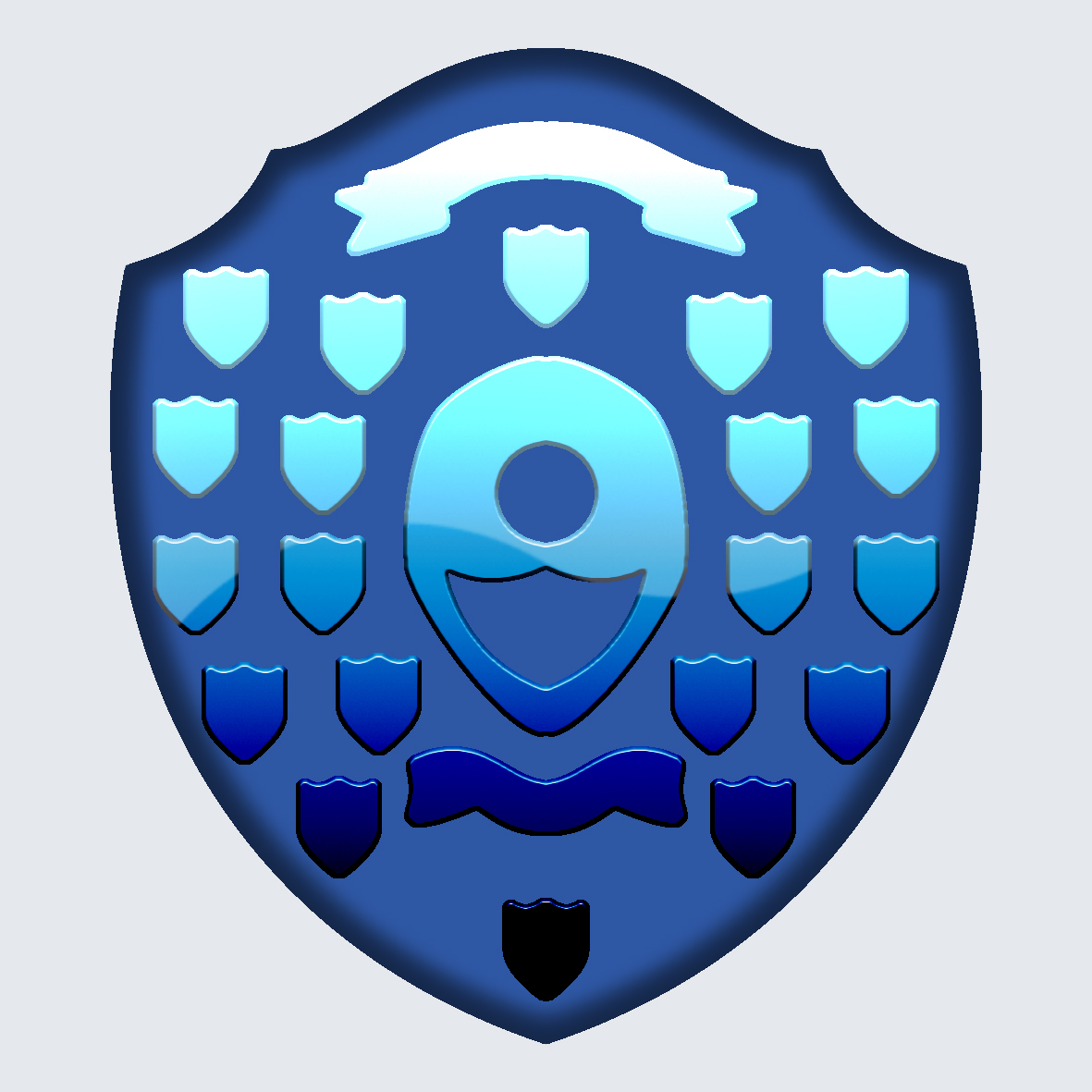
Science for Experimentation
Witness riveting presentations and we unveil which school clinched the coveted trophy

Photographs
Explore captivating snapshots captured during this year’s Conference

Quiz
Challenge yourself and put your newfound science and healthcare knowledge to the test
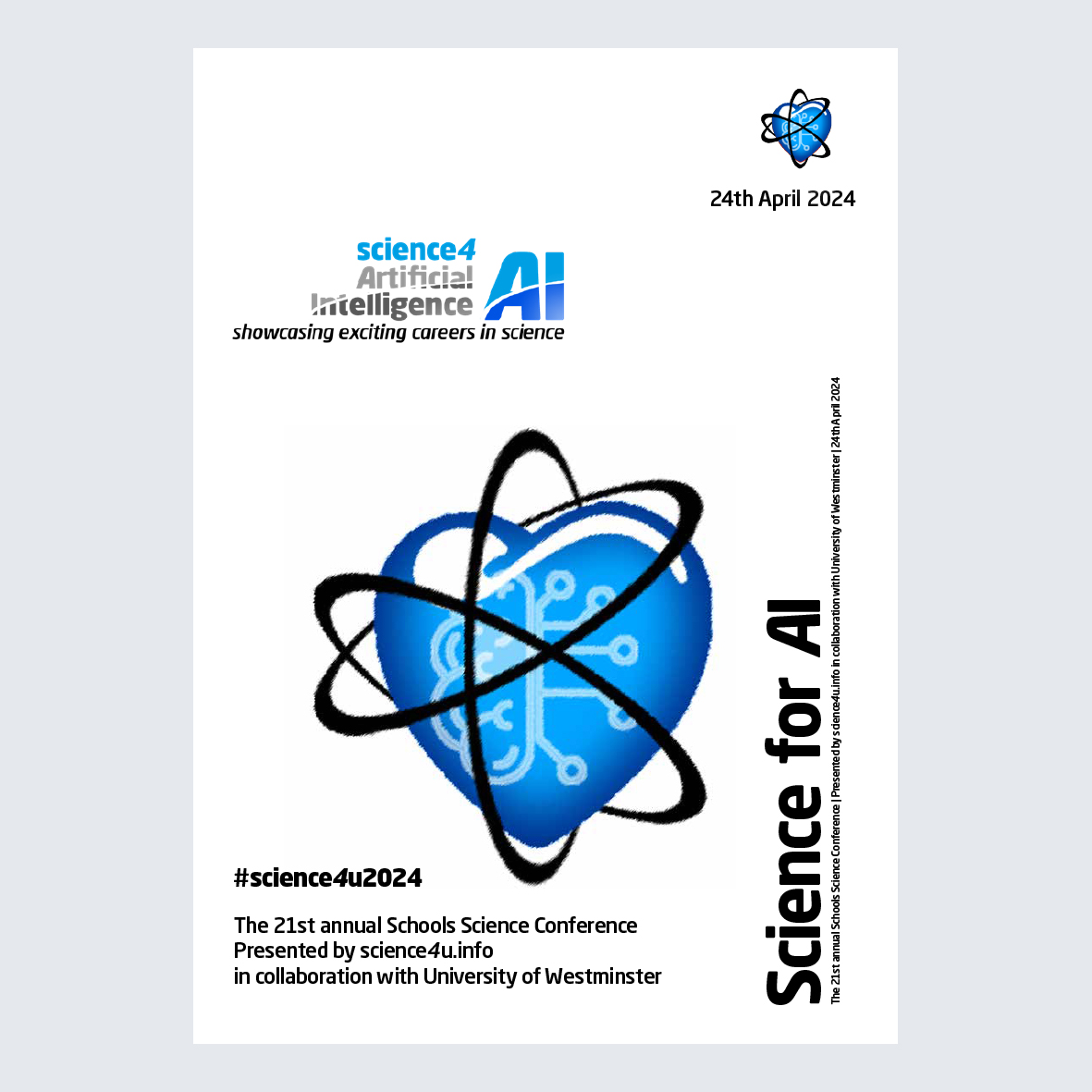
Programme
Discover more about the sessions and view a digital version of the programme
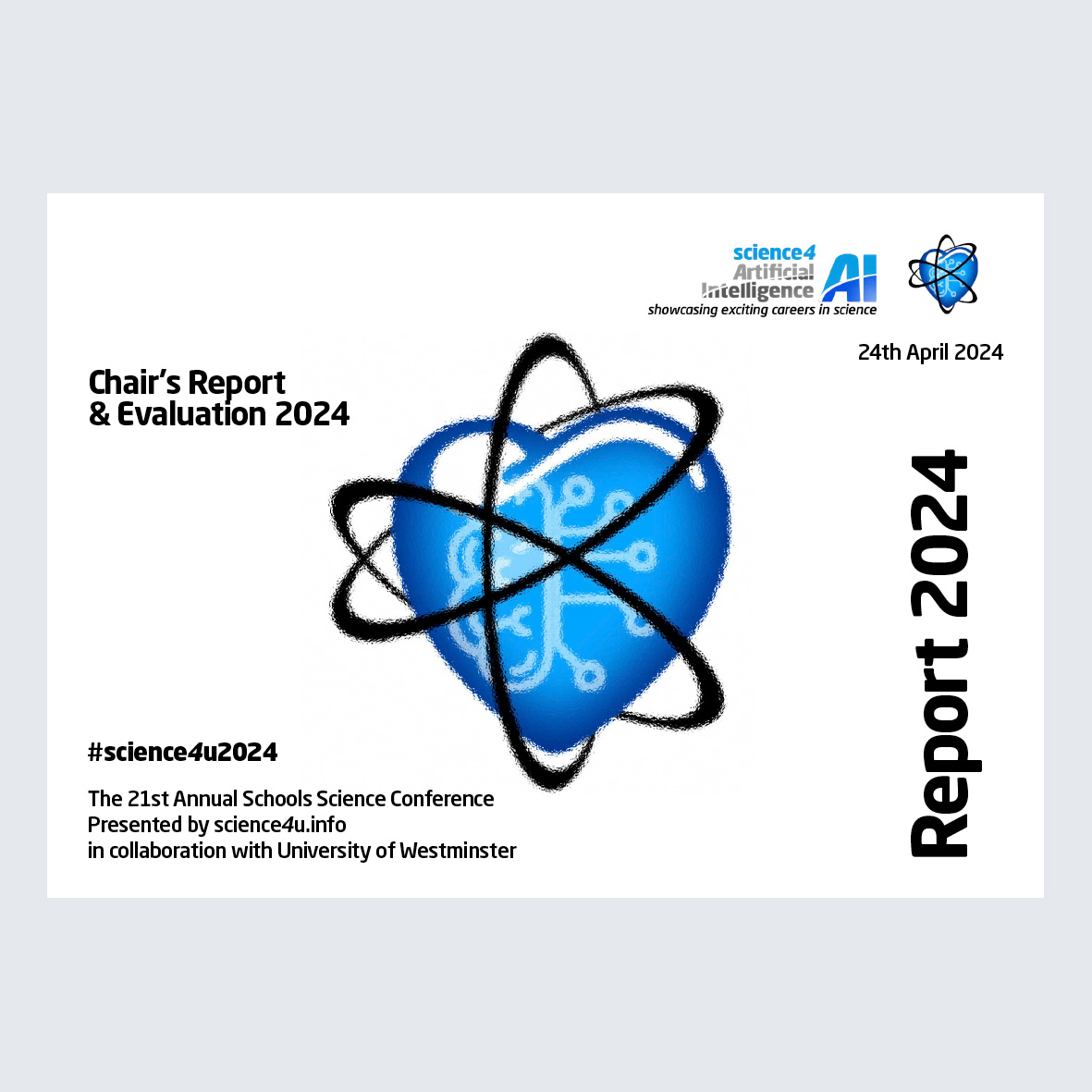
Evaluation
Delve into the reception and gauge the resounding acclaim achieved by the Conference
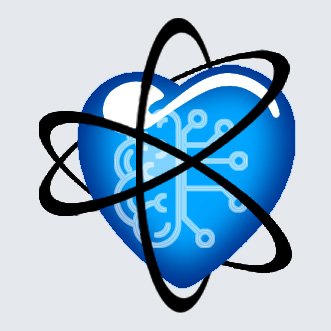
Acknowledgements
A heartfelt thank you to all the contributors who have brought this event to life
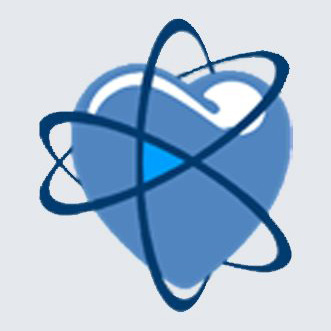
Organising Group
Meet the visionary minds steering Science for Artificial Intelligence: the Committee members
Overview in pictures
A glimpse of the fun, enjoyment and rich array of activities at Science for Artificial Intelligence











